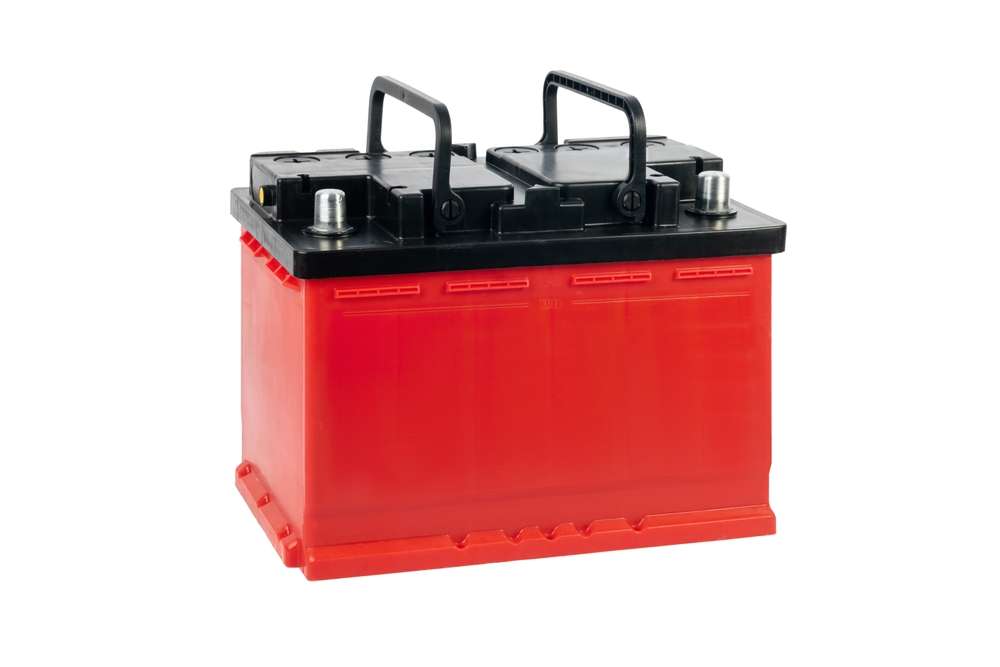The Importance of Car Batteries: Powering Your Vehicle's Performance
Car batteries are the unsung heroes of the automotive world, providing the essential power needed to start your vehicle and keep its electrical systems running smoothly. As a critical component of your car's electrical system, a battery plays a vital role in ensuring reliable performance and longevity. In this article, we'll explore the significance of car batteries, their maintenance, and why understanding them is crucial for every vehicle owner.

Lead-acid batteries operate on a simple principle: chemical reactions between the lead plates and the electrolyte solution generate electrical energy. As the battery discharges, these reactions create lead sulfate on the plates. When the alternator recharges the battery while the engine is running, the process reverses, restoring the battery’s charge for future use.
Why is proper car battery maintenance essential?
Regular maintenance of your car battery is crucial for ensuring optimal performance and longevity. Neglecting battery care can lead to unexpected failures, leaving you stranded at inconvenient times. Here are some key reasons why proper maintenance is essential:
-
Extended lifespan: Well-maintained batteries can last up to five years or more, saving you money on frequent replacements.
-
Reliable starting: A healthy battery ensures your vehicle starts consistently, even in cold weather conditions.
-
Optimal electrical system performance: A properly functioning battery supports the efficient operation of your car’s electrical components, including lights, radio, and climate control.
-
Prevention of damage to other components: A failing battery can strain other parts of your vehicle’s electrical system, potentially leading to costly repairs.
How can you maintain your car battery?
Proper maintenance of your car battery is relatively simple and can significantly extend its life. Here are some tips to keep your battery in top condition:
-
Regular inspections: Check the battery terminals for corrosion and clean them as needed using a wire brush and a mixture of baking soda and water.
-
Secure mounting: Ensure the battery is securely fastened in its tray to prevent vibration damage.
-
Keep it charged: Avoid leaving your car unused for extended periods, as this can lead to battery discharge. If necessary, use a battery maintainer for long-term storage.
-
Minimize short trips: Frequent short drives may not allow the battery to fully recharge, potentially shortening its lifespan.
-
Be mindful of extreme temperatures: Both hot and cold weather can affect battery performance. Park in shaded areas during summer and consider using a battery blanket in winter.
What are the signs of a failing car battery?
Recognizing the signs of a failing battery can help you avoid unexpected breakdowns. Look out for these indicators:
-
Slow engine crank: If your engine takes longer than usual to start, it could be a sign of a weakening battery.
-
Dimming lights: Headlights or interior lights that appear dimmer than normal may indicate a failing battery.
-
Electrical issues: Problems with power windows, door locks, or other electrical components can be symptoms of a weak battery.
-
Check engine or battery warning light: If these dashboard lights illuminate, it’s time to have your battery checked.
-
Swollen battery case: A visibly swollen or bloated battery case is a sign of internal damage and requires immediate replacement.
How do you choose the right car battery?
Selecting the appropriate battery for your vehicle is crucial for optimal performance. Consider these factors when choosing a replacement:
-
Size and fit: Ensure the battery matches your vehicle’s specifications for physical dimensions and terminal locations.
-
Cold Cranking Amps (CCA): This rating indicates the battery’s ability to start in cold weather. Choose a battery with a CCA rating that meets or exceeds your vehicle’s requirements.
-
Reserve Capacity (RC): This measures how long the battery can run essential systems if the alternator fails. A higher RC provides better reliability.
-
Maintenance requirements: Some batteries are maintenance-free, while others may require periodic electrolyte level checks.
-
Warranty: Look for batteries with longer warranty periods, as they often indicate higher quality and durability.
What are the environmental considerations for car batteries?
Lead-acid batteries contain hazardous materials and must be disposed of properly to minimize environmental impact. Many auto parts stores and service centers offer recycling programs for old batteries. When replacing your battery, always recycle the old one to prevent pollution and conserve resources.
Additionally, proper maintenance and care of your battery can reduce its environmental footprint by extending its lifespan and reducing the frequency of replacements. This not only saves you money but also helps minimize the overall demand for new batteries and the associated manufacturing processes.
In conclusion, understanding the importance of car batteries and their proper maintenance is essential for every vehicle owner. By taking care of your battery, you can ensure reliable performance, extend its lifespan, and contribute to environmental conservation efforts. Regular inspections, proper maintenance, and timely replacement when necessary will keep your vehicle running smoothly and help you avoid unexpected breakdowns on the road.




